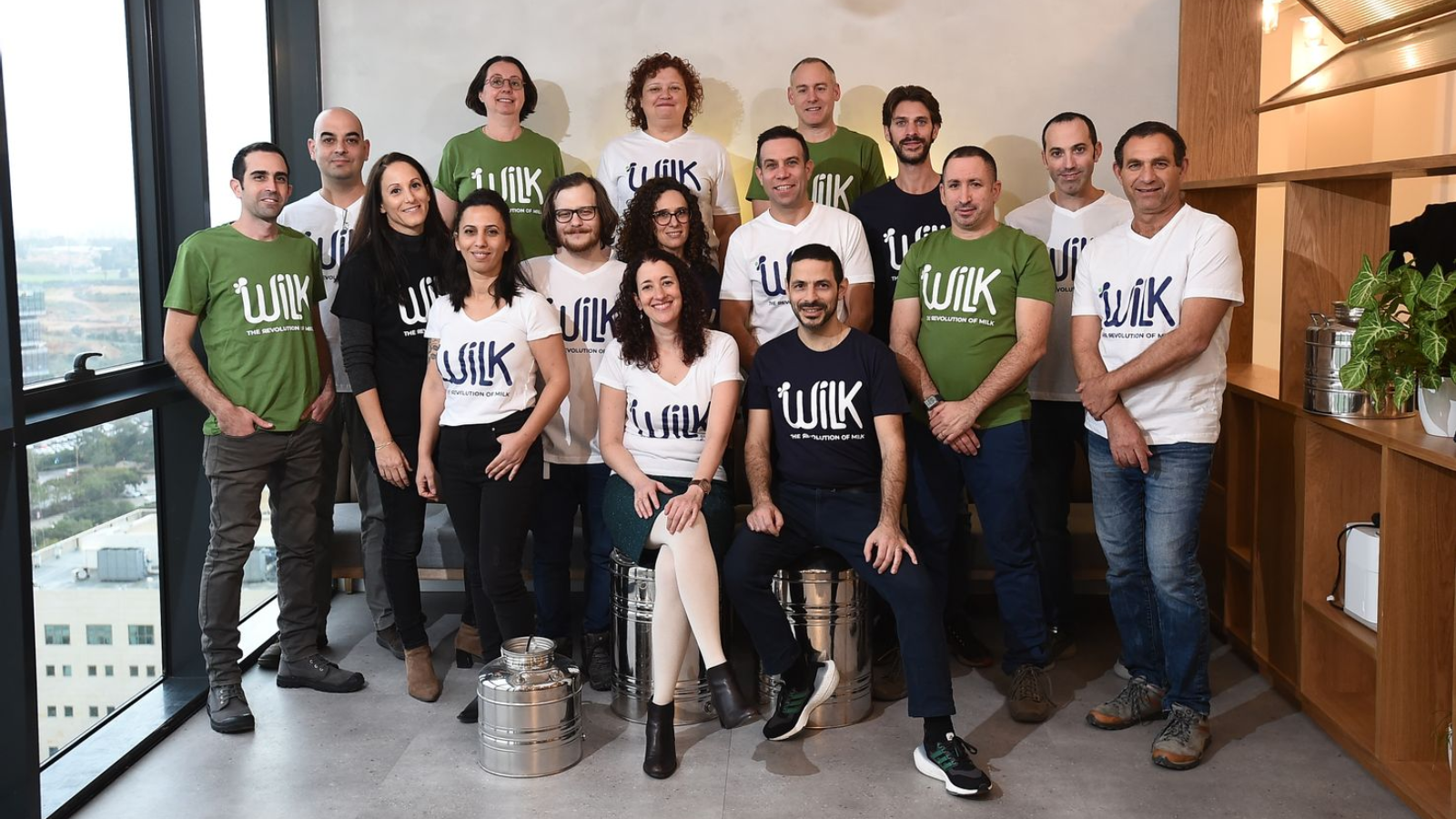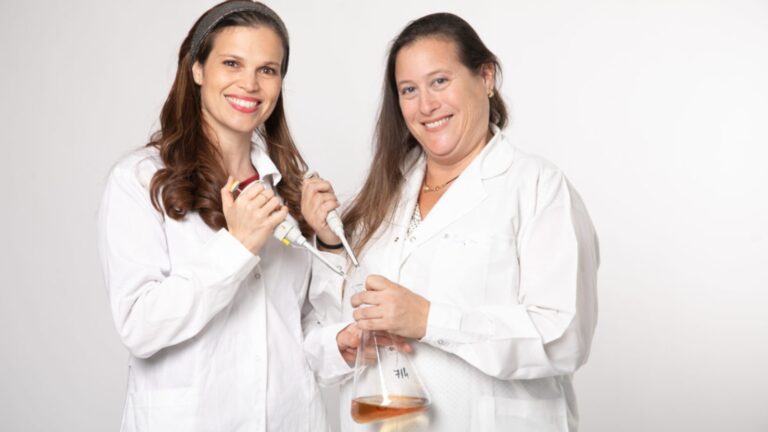Baby formula is one of the products in severely short supply in the United States, due in part to the global supply chain crisis over the past two years.
The ensuing formula shortage in recent months has highlighted the need for alternatives, as not every mother is able to breastfeed – and for premature babies, access to breastmilk can be lifesaving.
A solution may be on its way from Israel.
Food-tech startup Wilk Technologies has announced a breakthrough in its development of cell-cultured breastmilk: the company successfully produced a key breast milk protein, lactoferrin, in its lab.
Lactoferrin is the major protein responsible for providing iron and other key nutrients to nursing infants and is one of the most important bioactive components of breastmilk. It has anti-infective, immunological and gastrointestinal benefits for newborns, infants and young children.
Lactoferrin is found in concentrations up to 50 times higher in human milk than in cow milk, so incorporating human lactoferrin proteins into infant formula can provide a product that is considerably closer to real breastmilk than the cow and plant-based substitutes on the market.
“This breakthrough brings us one step closer to our goal of providing all infants with the full range of nutritional benefits that can only be found in breastmilk,” said Tomer Aizen, CEO of Wilk.
“This is significant news for both the infant formula industry and parents who may soon have access to the optimal product for ensuring their infants’ growth and development.”
In addition to its benefits for infant nutrition, he noted, lactoferrin is under research for its preventive and therapeutic benefits for conditions including coronary heart disease and even Covid-19.
Rehovot-based Wilk (formerly BioMilk) is working to enable the production of human lactoferrin in unlimited amounts, thus facilitating the long-term sustainable production of such proteins independent of animal or human sources.
















